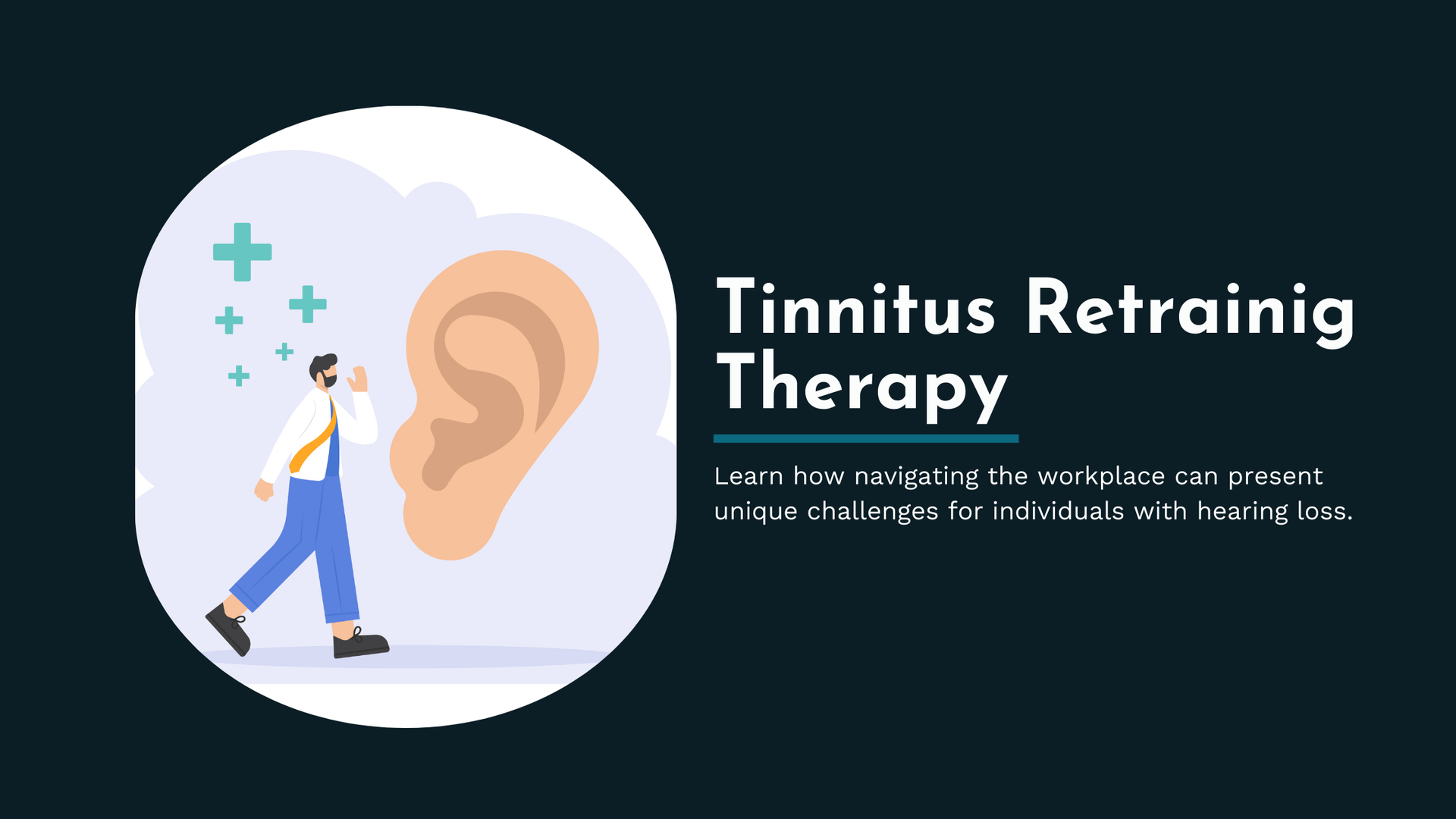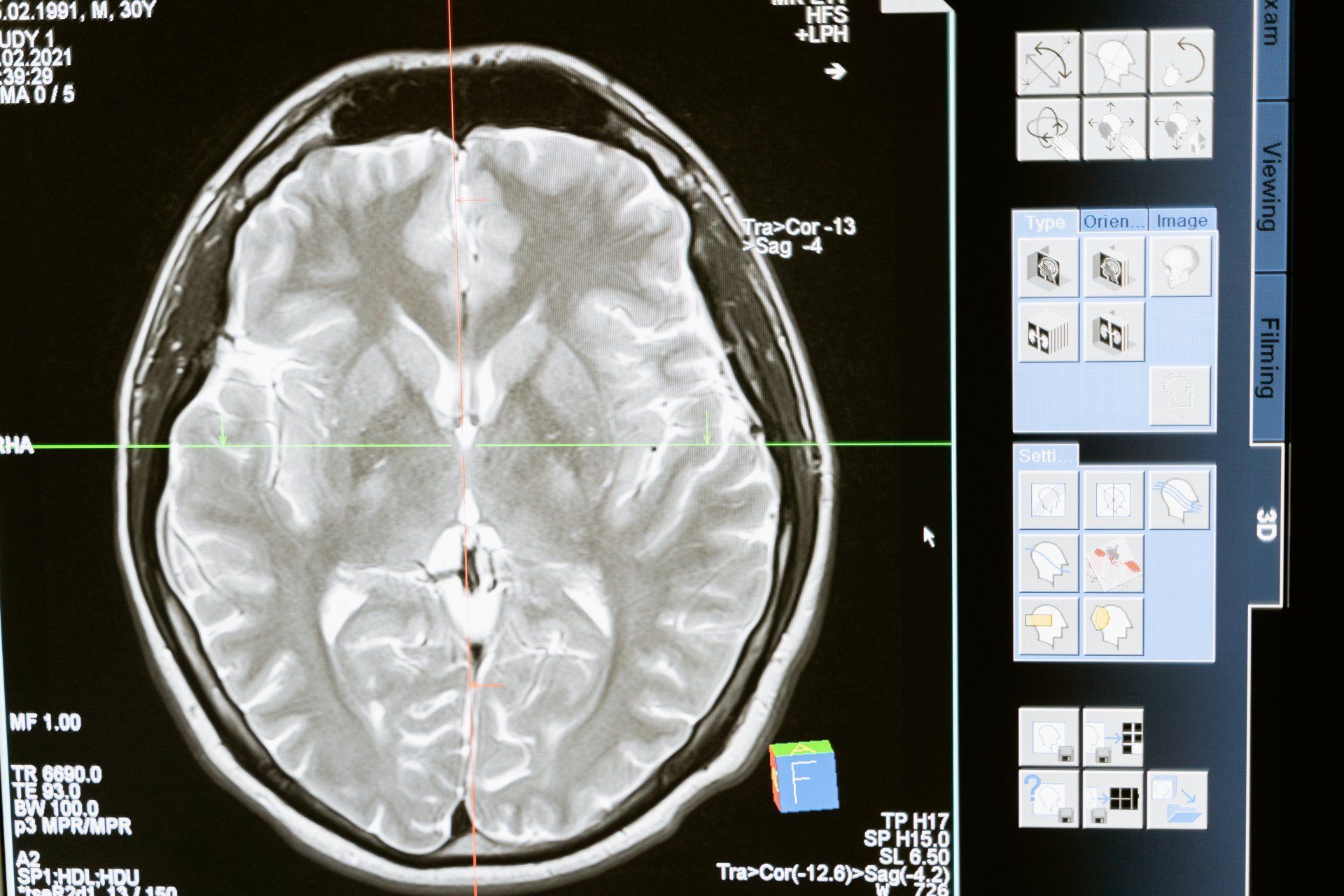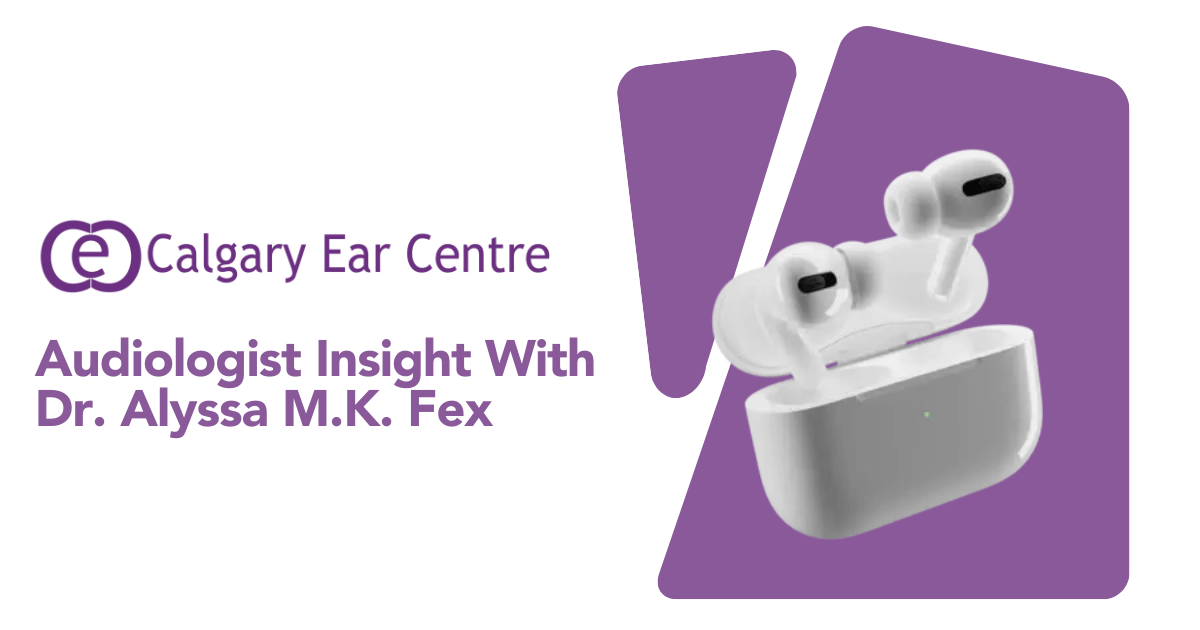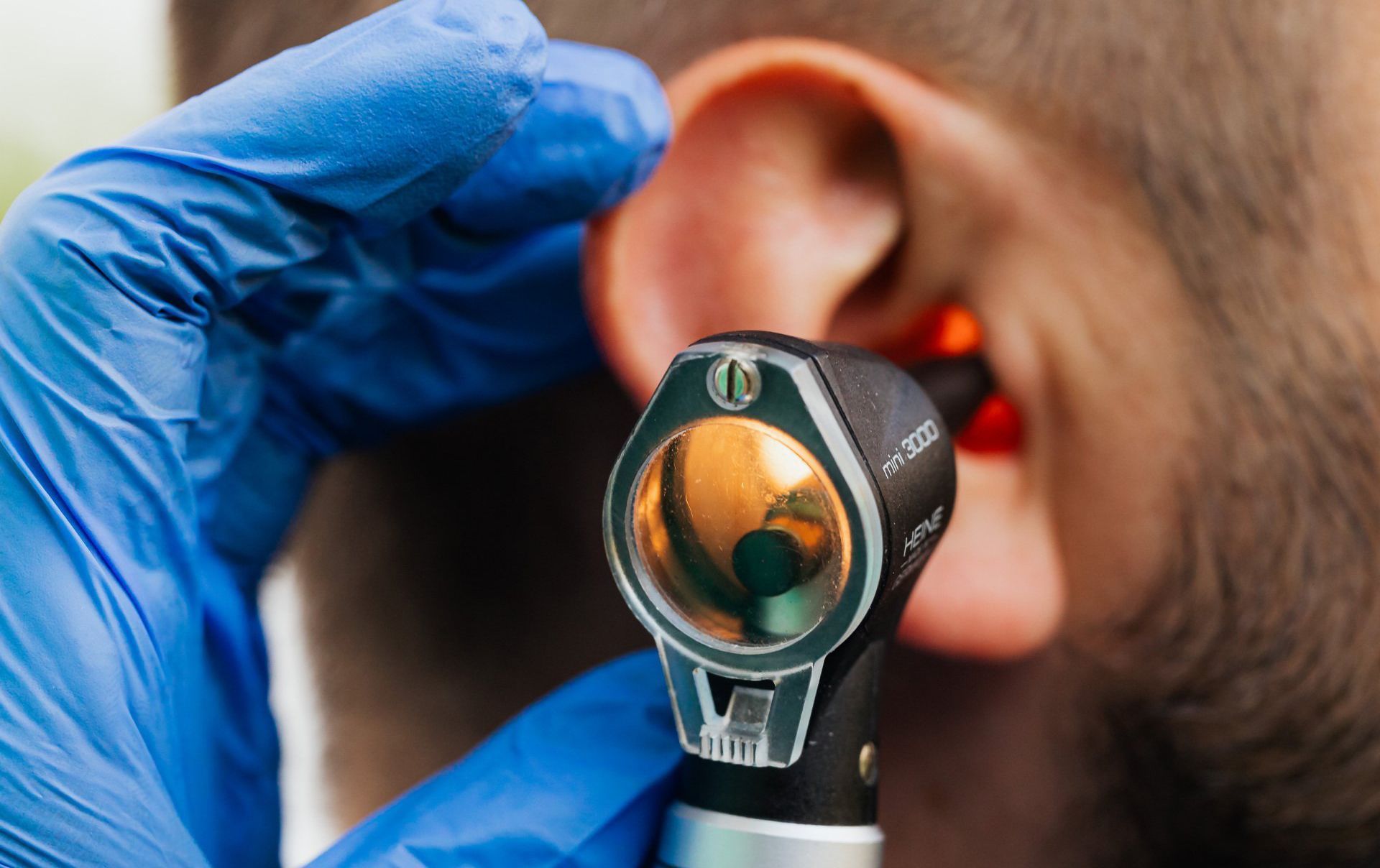No ‘Cure’ Does Not Mean No ‘Help’
Everyone wants a quick-fix or a pill that can cure all ailments. Life has become fast paced and even waiting for a short time becomes frustrating. My audiometer, the equipment that I use to test hearing, is slow to start. Slow these days would have been considered lightning speed years ago. That I must wait up to twenty seconds for it to load the necessary programs makes me feel impatient and irritated as I sit waiting for it to come alive so that I can start my day. This is the way of the world: We want things done, fixed, and resolved pronto so that we are not inconvenienced by the wait.
Wanting a quick fix is true with chronic medical conditions as well. In our urgency to fix tinnitus, we can work ourselves into a state of panic and desperation. If you were told that there is nothing that I could do you to help you and you would have to learn to live with it, the panic and desperation accelerate until the tinnitus consumes you and it is all you can think about.
The good news is that while there may be no way to immediately eliminate the sound, that is a far cry from saying that there is no help. Tinnitus, like other chronic conditions, requires management, and that requires time and some effort on your part. There are many chronic conditions that are managed effectively, despite having no cure or remedy. Tinnitus is one of those. There are many tools including sound therapy and hearing aids that can reduce your awareness of the head noise to a point that it has no impact on your quality of life. You may already have periods of time when you are busy and are unaware of the tinnitus, or perhaps you do not hear it when you are in the shower or in background noise. Tinnitus management typically includes a sound therapy component, which is just a fancy way of saying that if we add other sounds into our environment so that the tinnitus is partially or completely masked and not as obvious. The goal of sound therapy is not to completely cover the tinnitus with other sounds. We want to allow the brain to hear it, but with less impact, so we mix it with other sounds. The brain gradually integrates the tinnitus, and it becomes meaningless, just as other new sounds do after the novelty wears off.
Ask yourself: “If I could enjoy doing my life and activities as I did before I had tinnitus, would that improve my quality of life?” What is important to understand is that the tinnitus does not need to be eliminated for this to happen. Your brain is fixating on the sound, and it is the hyper-focus on the sound rather than the sound itself that is the problem. We do not need to get rid of the tinnitus for your quality of life to improve. The key is to retrain your brain to stop fixating on the tinnitus. Once the brain looks elsewhere for stimulation, the tinnitus will settle and no longer trigger you. That process is referred to as ‘habituation’. Once the brain takes its focus of the tinnitus, it will no longer have the hold on your that it presently has and there will be room to enjoy life as you previously did.
Recent Posts











